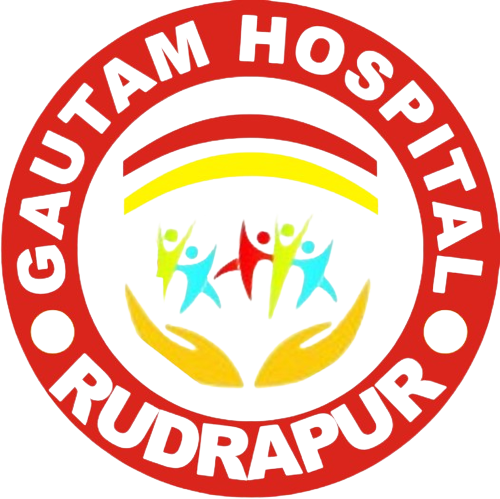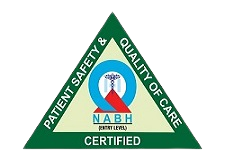
Overview
In the Department of Paediatrics and Neonatology, experts have created an exceptional setting as a tertiary referral center for the requirements of all newborns and children up to the age of eighteen. The center is well-known for producing high-quality work. A well-known feature is that it provides complete, comprehensive, and state-of-the-art medical services for pediatric and neonatal patients, who have unique health care requirements that vary from adults.
The department is equipped with a neonatal intensive care unit, a pediatric intensive care unit, a pediatric ward, and a vaccination clinic.
Everything You Need To Know About Pediatrics
- Pediatrics
- Neonatology
- Difference
- Conditions
- Conclusion
What is Pediatrics?
Pediatrics is a specialty of medicine that is concerned with the health and medical treatment of babies, children, and adolescents from their birth until they reach the age of eighteen years. Pediatrics is derived from two Greek words: (pais, which means “child”) and (iatros, which means “doctor or healer,” which together indicate “healer of children.”
A pediatrician is a child’s physician who offers medical treatment for children who are acutely or chronically unwell and provides preventative health services for otherwise healthy children. Managing the physical, mental, and emotional well-being of children under their care at every stage of development and in both illness and health is the responsibility of a pediatrician.
What is Neonatology?
Neonatology is a specialization of pediatrics that focuses on the medical treatment of newborn babies, particularly sick or born prematurely. It is primarily a hospital-based specialty most often seen in neonatal intensive care units (NICUs). Newborn children who are sick or need special medical care due to preterm conditions, low birth weight, intrauterine growth restriction, congenital abnormalities (birth defects), sepsis, pulmonary hypoplasia, or birth asphyxia are the essential typical patients seen by neonatologists.
Difference
Because of their different levels of specialty, the distinction between a pediatrician and a neonatologist is minimal. A general pediatrician is a medical professional who offers routine care and treatment for children suffering from various diseases. Neonatal specialists are only concerned with the health of infants and the variables that might influence their survival and development.
Pediatrics is a specialty, and neonatologists are regarded as pediatric experts because of their training in this field. Regarding children’s health, both physicians and pediatric specialists have a strong emphasis. Still, the distinction is in the additional training and expertise in a specialized area of children’s health. Obstetricians and neonatologists are specially educated to address high-risk and challenging health circumstances in premature babies and infants, including those who experience health concerns while in the womb, are born prematurely, or are born with a congenital impairment. Pediatric cardiologists, neurologists, oncologists, and emergency doctors are other types of pediatric specialists.
Conditions treated under both
As a general rule, neonatologists offer the following services:
- Diagnose and treat neonates with diseases such as respiratory issues, infections, and birth abnormalities.
- Newborns born early, sick, or needing surgery need medical supervision and coordination.
- Make sure severely unwell neonates get the nourishment they need to recover and thrive properly.
- Assist in the care of the newborn during a cesarean delivery or other delivery if the mother or baby has a medical condition that may threaten their health and necessitate medical assistance in the delivery room.
- Treat neonates with any life-threatening medical conditions.
- Inquire about the health of newborns with obstetricians, pediatricians, and family doctors, as well.
It is common for neonatologists to work in maternity wards or neonatal intensive care units (NICUs). A neonatologist may give short-term follow-up treatment after a baby has been released from the unit. Your baby’s pediatrician and neonatologist will work together to provide the best possible care for your child.
Every year, from the age of two to the age of five, your child’s doctor will see them for “well-child visits.” After the age of five, your child’s physician is likely to visit them every year for a checkup. First, contact your doctor anytime your kid is ill. A doctor will do the following for you and your child:
- Do a physical exam
- Provide a list of vaccinations that are recommended
- Ensure that your kid is growing, behaving, and developing their abilities following the established developmental milestones for their age
- Get to the bottom of your child’s diseases and other health concerns
- Your child’s health, dietary, and exercise demands will be explained to you
- Your queries concerning your child’s development and growth will be answered here
- If your kid is unwell and requires treatment beyond the physician’s capabilities, seek out and cooperate with a specialist
Conclusion
From birth to the age of 18, a pediatrician is a medical professional responsible for children’s physical, emotional, and mental well-being. When it comes to diagnosing and treating children’s ailments, a doctor has extensive training and experience. A neonatologist is a doctor who focuses only on the health and well-being of newborns. One-of-a-kind health issues that only doctors are equipped to deal with arising with the delivery of a newborn. Premature infants and those with undeveloped organs are especially vulnerable to this.

